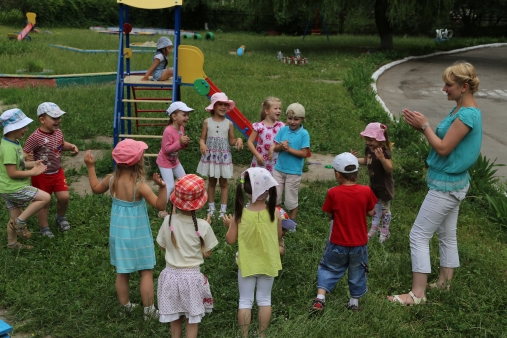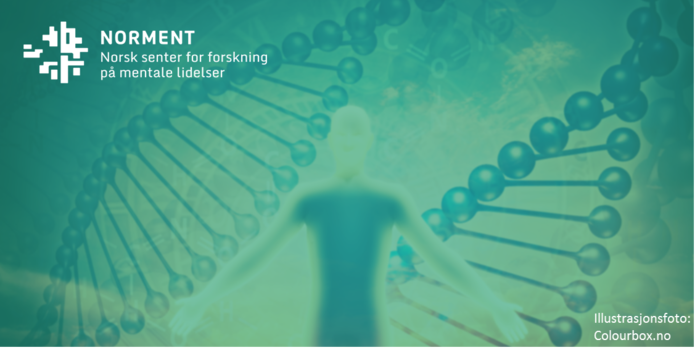Tidligere arrangementer - Side 70
By Michael Ghil from Ecole Normale Supérieure, Paris, and University of California, Los Angeles
Jose Beltran Jimenez, University of Salamanca.
Prof. Georgii Riabov from the Kyiv Institute of Mathematics will give at our department a mini-course of four lectures.
Professor Boulakhras Gherbal from the University of Biskra, Algeria will give a seminar lecture with the following title:
“Existence of optimal solutions for a stochastic control problems for systems of mean-field FBSDEs”
The NO-Age Norwegian Centre on Healthy Ageing arranges its 2nd symposium on "Genomic instability in human brain".
Prof. Georgii Riabov from the Kyiv Institute of Mathematics will give at our department a mini-course of four lectures.
Lecture titles: "On the malleability of proteins and the emergence of novel function" and "Evolutionary trade-offs in the adaptive immune system shape genomic diversity of the MHC"
Prof. Georgii Riabov from the Kyiv Institute of Mathematics will give at our department a mini-course of four lectures.
Abstract below.
Dr. Asma Khedher from University of Amsterdam will give a seminar lecture with the title:
Ornstein-Uhlenbeck processes and affine stochastic volatility models in Hilbert spaces.
Dr. Asma Khedher from University of Amsterdam will give a lecture with the following title:
Ornstein-Uhlenbeck processes and affine stochastic volatility models in Hilbert spaces
There are new challenges for research integrity and there is great change in the way that research is being conducted.
This lecture is the second of a mini-course consisting of seven lectures given by Professor Robert Bruner (Wayne State University, Detroit, USA), the author of the package. Early lectures will focus on the use of the software. Later lectures will describe the algorithms, data structures, and file structures.
Andrey Mudrov (University of Leicester, United Kingdom) will give a talk titled: Pseudo-parabolic categories over HPqn
Once again this year, Phd's and Postdoc's from Stochastic Analysis, finance, insurance and risk section of the Mathematics institute, will gather together to share, their latest research.
This year's invited speaker will be Prof. Dr. Nicolas Perkowski, who will give a lecture on the topic: "A martingale approach to generalized stochastic Burgers equations".
Below you may find the abstract of his talk as well as the seminar program.
Professor Mogens Steffensen, Copenhagen University
Welcome all to this open lecture with Dr. Tyler Watts, New York University.
This lecture is the first of a mini-course consisting of seven lectures given by Professor Robert Bruner (Wayne State University, Detroit, USA), the author of the package. Attendees are encouraged to bring their laptops and do the calculations in real time with the speaker.
Welcome all to this open lecture with Professor Cybele Raver, New York University.
Forenkling av standardisert CCRT*-metode? Kan en forenklet standardisert metode for ? formulere hovedkonflikten i pasientens relasjonsm?nster brukes av klinikere i vanlig praksis, i supervisjon, i oppl?ring, og i forskning?
At the Institute of Theoretical Astrophysics a special “mingle” meeting will take place.
NORMENT inviterer til ?pent kveldsseminar om forskning p? schizofreni og bipolar lidelse. Hva vet vi om ?rsakene til at noen blir syke? Hvordan spiller arv og milj? sammen i utviklingen av slike lidelser?




